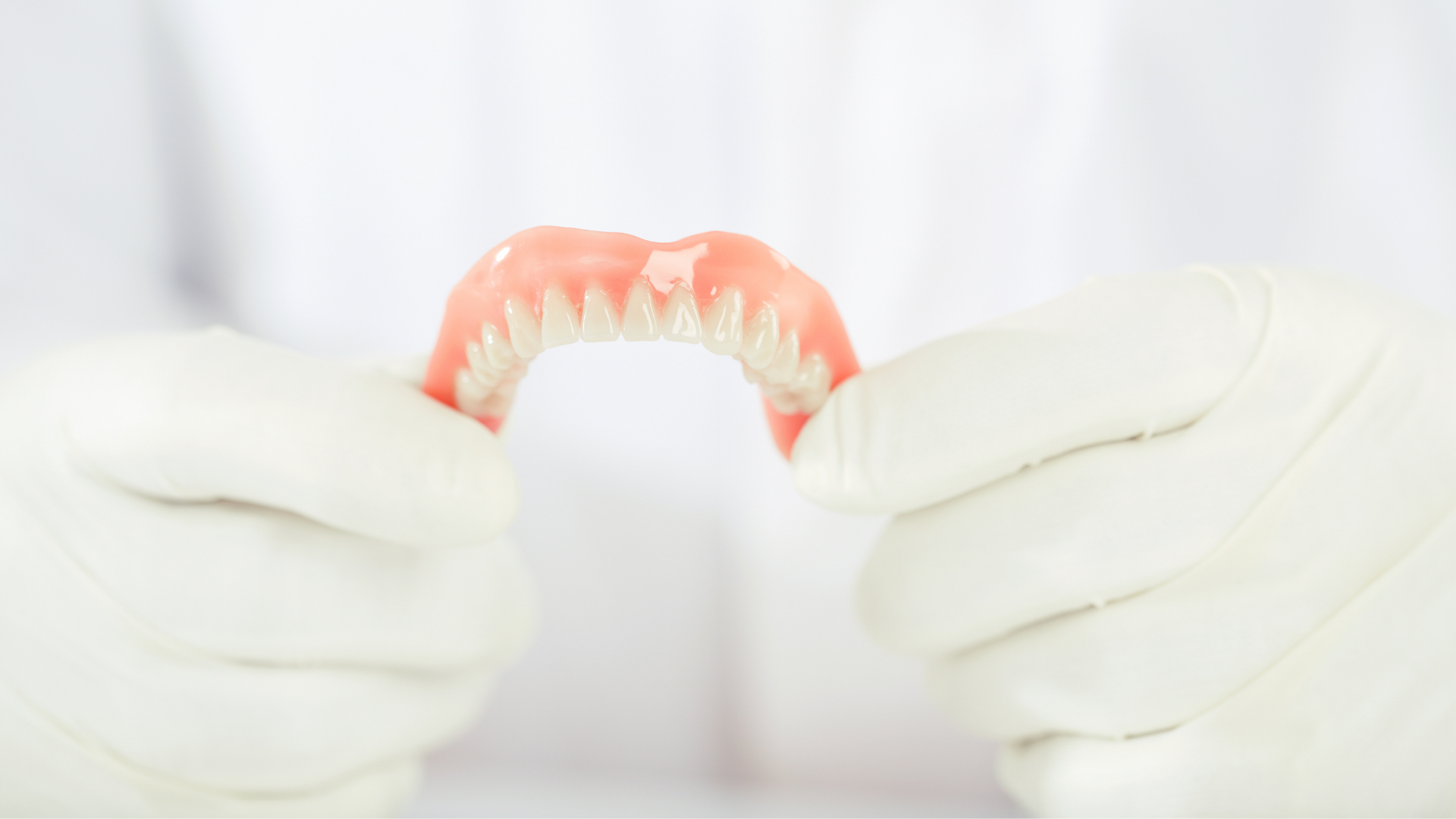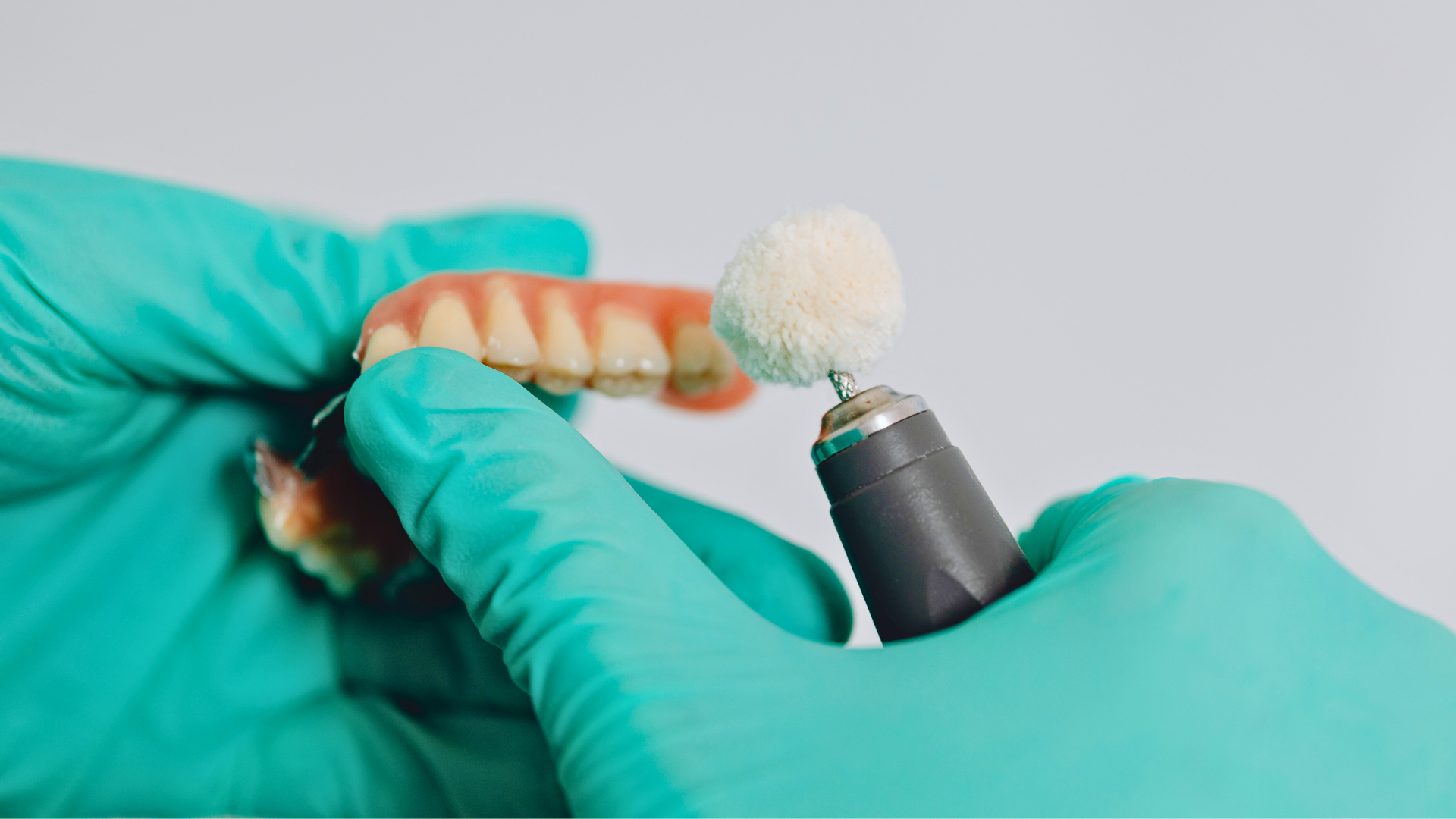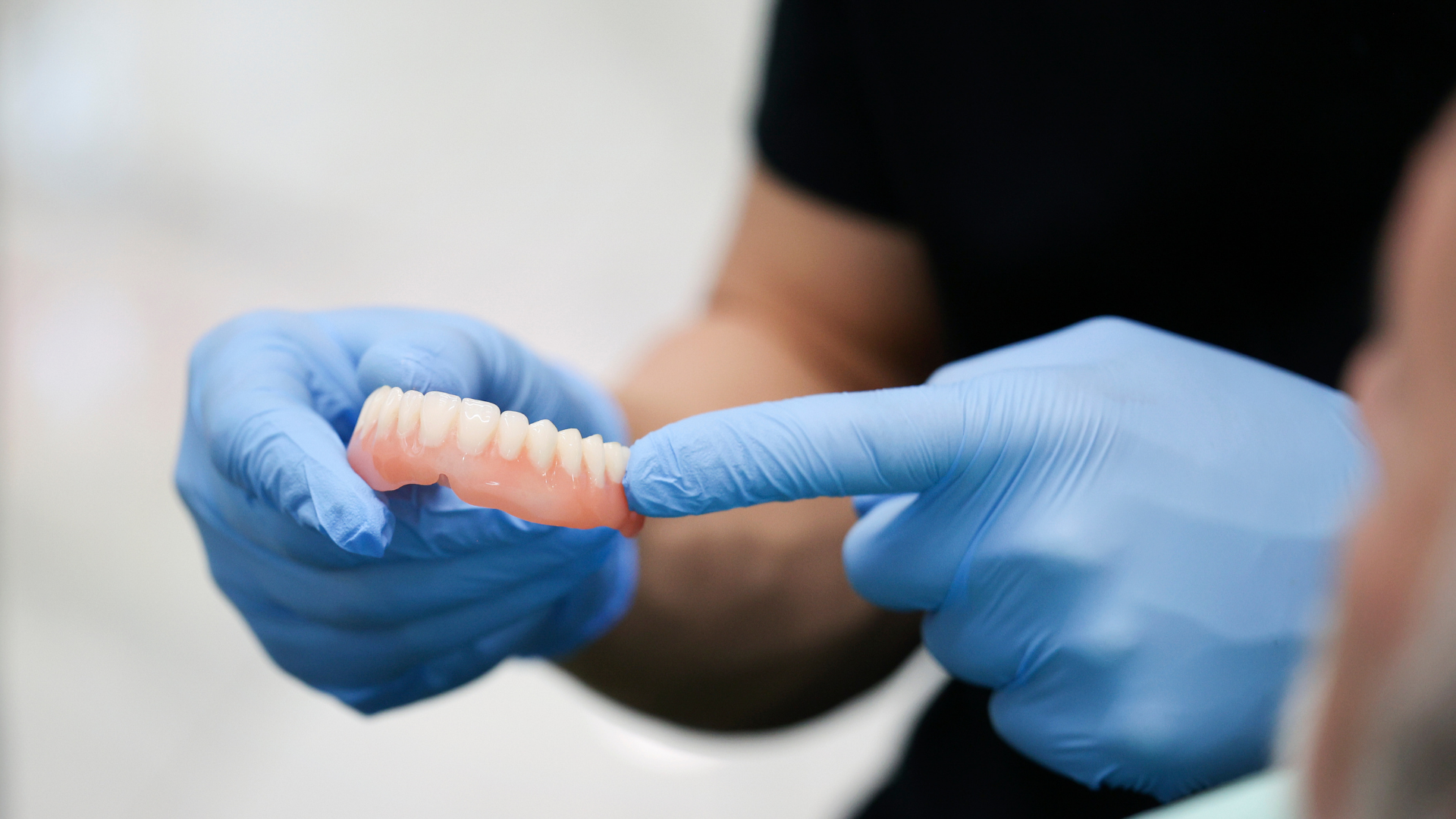Adjusting to Dentures: Tips for a Smooth Transition
Getting new dentures from Sullivan Denture Centre, top denturists in Surrey, is a significant step towards a healthier, more confident smile. Whether you're receiving your first set or transitioning to new ones, the initial adjustment period can present some unique challenges. The good news is that with a little patience, practice, and the right approach, you can navigate this transition smoothly and comfortably.
Here are some practical tips for eating, speaking, and feeling more at ease with your new dentures:
Eating with Dentures: A New Chewing Experience
One of the most common concerns for new denture wearers is eating. It's a skill you'll re-learn, and it takes time.
- Start Soft and Small: Begin with soft, non-sticky foods cut into small, manageable pieces. Think scrambled eggs, mashed potatoes, cooked vegetables, and tender fish. Avoid tough, chewy meats, sticky candies, and very hard foods initially.
- Bilateral Chewing is Key: Instead of chewing on one side of your mouth, try to distribute food evenly and chew on both sides simultaneously. This helps to stabilize the dentures and prevents them from tipping or rocking.
- Take Your Time: Eat slowly and deliberately. Don't rush your meals. Focus on each bite and how your dentures are responding.
- Mind Your Temperature: Dentures can insulate your mouth, making it harder to gauge hot and cold temperatures. Be cautious with very hot foods and drinks to avoid burns.
- Practice, Practice, Practice: The more you practice eating with your dentures, the more comfortable and efficient you'll become. Gradually introduce a wider variety of foods as your confidence grows.
- Consider Adhesives: Denture adhesives can offer extra stability and confidence during the initial adjustment phase. Talk to your denturist about whether adhesives are right for you and how to use them properly.
Speaking Clearly with Dentures: Finding Your Voice Again
Your tongue and lips play a crucial role in forming sounds, and they'll need to adapt to the presence of your dentures.
- Read Aloud: Practice reading from a book, newspaper, or even this blog post aloud to yourself. This helps your mouth muscles get used to forming words with the dentures in place.
- Repeat Challenging Words: Certain sounds, like "s" and "f," might be more difficult initially. Identify the words that give you trouble and repeat them slowly and clearly until they feel more natural.
- Speak Slowly and Deliberately: In the beginning, consciously slow down your speech. This gives your mouth more time to form sounds accurately.
- Engage in Conversation: Don't shy away from talking. The more you engage in conversation, the faster your speech will improve.
- Sing! If you enjoy singing, it can be a fun and effective way to practice speaking and articulate sounds.
- Patience is a Virtue: Lisping or slurring can be common at first. Be patient with yourself; your speech will improve with consistent practice.
Feeling Comfortable: Beyond Eating and Speaking
Comfort is paramount for successful denture wear.
- Initial Soreness is Normal: It's common to experience some soreness or irritation in your gums as they adjust to the pressure of the dentures. This usually subsides within a few days or weeks.
- Regular Cleaning is Essential: Proper denture hygiene is crucial for comfort and oral health. Clean your dentures daily with a soft brush and denture cleaner (not regular toothpaste, which can be abrasive).
- Remove Dentures Overnight (Usually): Your denturist will likely recommend removing your dentures overnight to allow your gums to rest and breathe. Store them in water or a denture cleaning solution to keep them moist.
- Gentle Massage: Gently massaging your gums with a soft toothbrush or your finger can help stimulate blood flow and alleviate soreness.
- Denturist Check-ups are Crucial: Regular follow-up appointments with your denturist are vital. They can check the fit of your new dentures, make any necessary adjustments, and address any concerns you may have. Don't hesitate to contact us if you experience persistent pain, sores, or difficulty.
- Maintain Your Oral Hygiene (Even with Dentures): If you have any remaining natural teeth, continue to brush and floss them regularly. If you have complete dentures, keep your gums, tongue, and the roof of your mouth clean.
- Embrace the New You: Remember that dentures are designed to improve your quality of life, allowing you to eat, speak, and smile with confidence. Embrace this new chapter and be proud of your journey. Ready for your consultation?
Adjusting to dentures is a personal journey, and everyone's experience will be slightly different. By following these tips and maintaining open communication with your
team at Sullivan Denture Centre in Surrey, you'll be well on your way to a comfortable and successful transition. Your new smile awaits!










